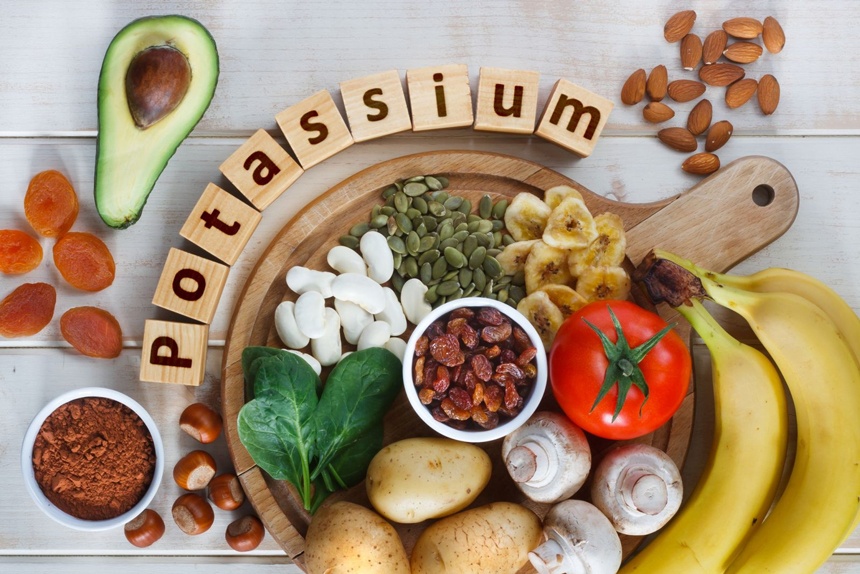Potassium

Potassium levels in the body must be carefully managed in stage 3 CKD. Although not always restricted, high potassium levels may necessitate dietary adjustments. Foods rich in potassium, such as avocados, bananas, and potatoes, might need to be limited if blood tests indicate elevated potassium levels.
The adjustment in potassium intake helps in preventing complications such as heart issues, which can arise from high potassium levels. Working closely with a healthcare provider to monitor these levels and adjust the diet accordingly is vital for maintaining overall health and managing CKD. [5]
Fluid Retention

In stage 3 CKD, monitoring for fluid retention symptoms is essential. These can include sudden weight gain, swelling in the feet, hands, and face, high blood pressure, and shortness of breath. Such symptoms indicate that the kidneys are struggling to maintain fluid balance, possibly signaling a decline in kidney function.
Managing fluid intake is key to controlling fluid retention. Although fluids are not generally restricted at this stage, being mindful of symptoms can help prevent complications. Regular check-ins with healthcare providers are crucial to adjust dietary plans as necessary and to manage any changes in kidney function effectively. [6]





